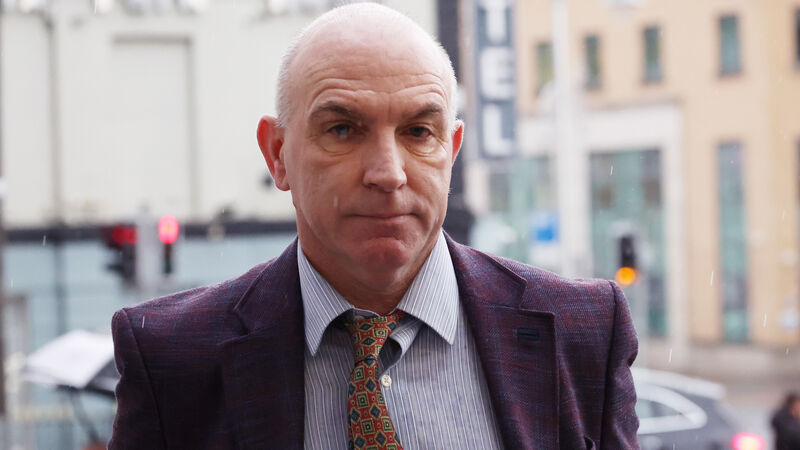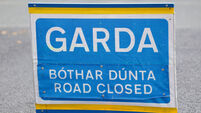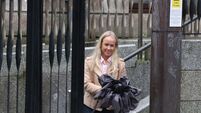Former hurler DJ Carey told to expect custodial sentence in €394k cancer fraud case

DJ Carey arriving at the Central Criminal Courts of Justice in Dublin. Picture: IrishPhotoDesk.ie
Former GAA star DJ Carey has been told by a judge to expect a custodial sentence, after defrauding friends, family and fans of more than €394,000 to treat a cancer he never had.
The ex-Kilkenny hurler, 54, was remanded in custody on Friday after a sentencing hearing at Dublin Criminal Courts of Justice and will return to court to hear his sentence on Monday.













